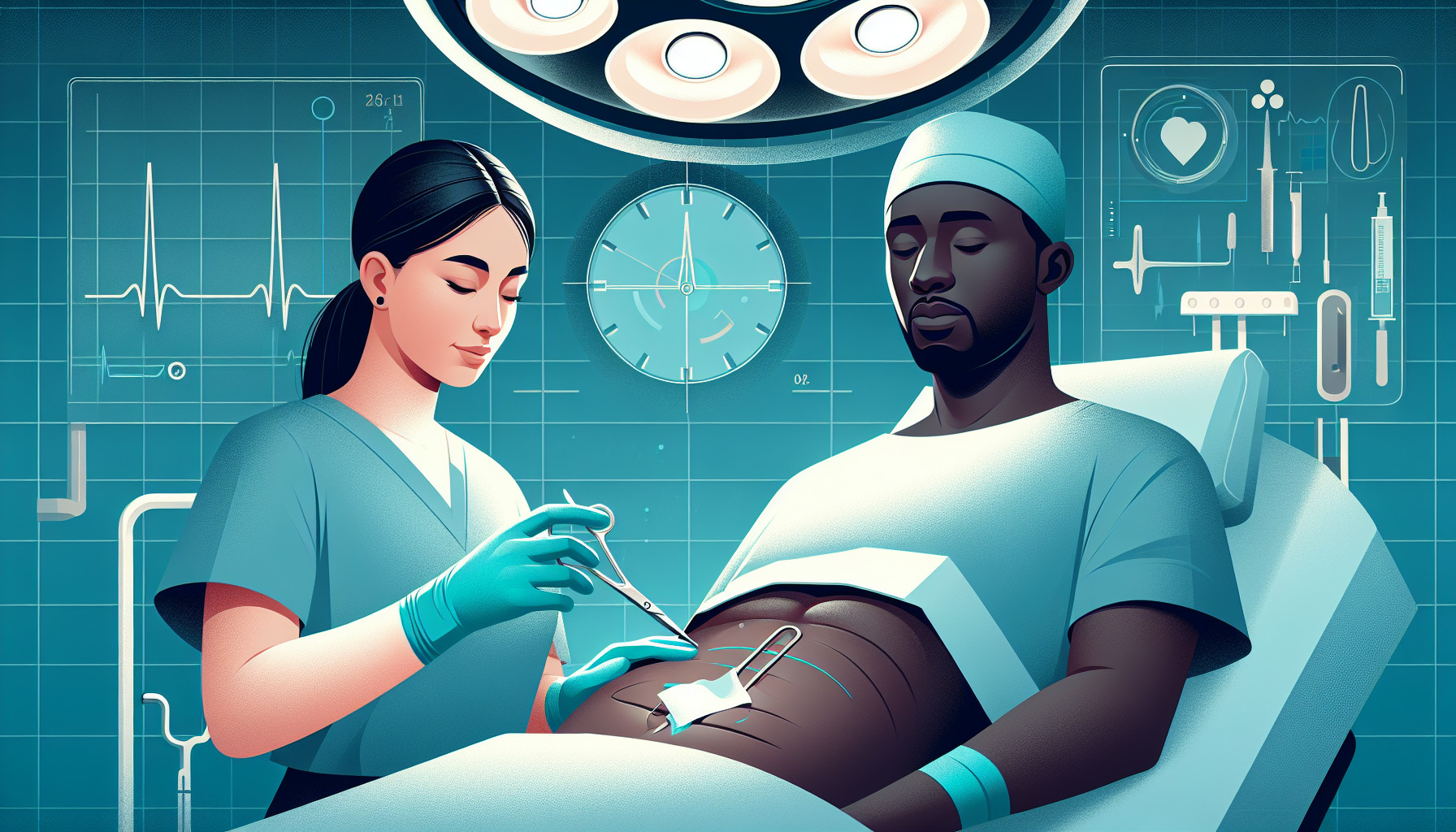Our Summary
This paper reviews recent findings on diverticulitis, a common non-cancerous colon condition. Traditionally, it’s been linked to older age, diet and lifestyle, but recent research shows that it’s increasingly affecting younger people (under 50). It seems that genetics may play a bigger role in the condition than once thought. The condition might also overlap with other bowel conditions, like IBS and IBD. To diagnose the severity of the disease, doctors usually use CT scans. They’ve tweaked the classification system for the disease to better categorize mild and chronic cases. Most patients can manage the condition with antibiotics and supportive measures, though antibiotics might not be necessary for mild cases. It’s still a good idea to have a colonoscopy after an acute attack, especially a severe one. In the most severe cases, or those that don’t respond to other treatments, surgery might be needed. This is also the case for recurrent or chronic forms of the disease. In all, our understanding of diverticulitis is changing, and treatment is becoming more tailored. Non-surgical treatments work for over 70% of patients, but for those with ongoing or complicated cases, segmental colectomy (removing part of the colon) is the best surgical option.
FAQs
- Is diverticulitis increasingly affecting younger people and could genetics play a role in this?
- How is the severity of diverticulitis diagnosed and what is the treatment for mild and chronic cases?
- When might surgery be needed for diverticulitis and what is the best surgical option for ongoing or complicated cases?
Doctor’s Tip
One helpful tip a doctor might tell a patient about diverticulitis surgery is to follow post-operative instructions carefully to ensure proper healing and minimize complications. This may include taking prescribed medications, following a specific diet, avoiding strenuous activities, and attending follow-up appointments with the surgeon. It’s important to communicate any concerns or changes in symptoms to the healthcare team to ensure the best possible outcome.
Suitable For
Patients who are typically recommended diverticulitis surgery are those with severe or recurrent cases of the disease that do not respond to antibiotics or other non-surgical treatments. This includes patients with complications such as abscesses, fistulas, or bowel obstructions. Surgery may also be recommended for patients with chronic diverticulitis that significantly impacts their quality of life. Additionally, patients with a history of multiple episodes of diverticulitis or those with underlying conditions that increase the risk of complications may also be candidates for surgery. Ultimately, the decision to undergo surgery for diverticulitis is made on a case-by-case basis, taking into consideration the individual patient’s symptoms, medical history, and overall health.
Timeline
Before diverticulitis surgery:
- Patient experiences symptoms such as abdominal pain, bloating, and changes in bowel habits
- Doctor may order tests such as a CT scan to diagnose the severity of the condition
- Patient may be treated with antibiotics and supportive measures to manage the condition
- In severe or chronic cases, surgery may be recommended
After diverticulitis surgery:
- Patient undergoes segmental colectomy to remove part of the colon
- Recovery period varies depending on the individual and the extent of the surgery
- Patient may need to follow a special diet and take medications to aid in recovery
- Regular follow-up appointments with the doctor to monitor progress and prevent complications
- Most patients experience relief from symptoms and improved quality of life after surgery
What to Ask Your Doctor
What are the potential risks and complications associated with diverticulitis surgery?
How long is the recovery process after diverticulitis surgery?
Will I need to make any lifestyle changes after the surgery to prevent future flare-ups?
Are there any alternative treatments or therapies that I can try before opting for surgery?
How will my quality of life be affected after diverticulitis surgery?
What is the success rate of diverticulitis surgery in terms of preventing future flare-ups?
How long do the effects of diverticulitis surgery typically last?
Will I need to follow a special diet after the surgery?
Are there any long-term effects or complications associated with diverticulitis surgery?
How often will I need to follow up with you after the surgery to monitor my condition?
Reference
Authors: Hanna MH, Kaiser AM. Journal: World J Gastroenterol. 2021 Mar 7;27(9):760-781. doi: 10.3748/wjg.v27.i9.760. PMID: 33727769
